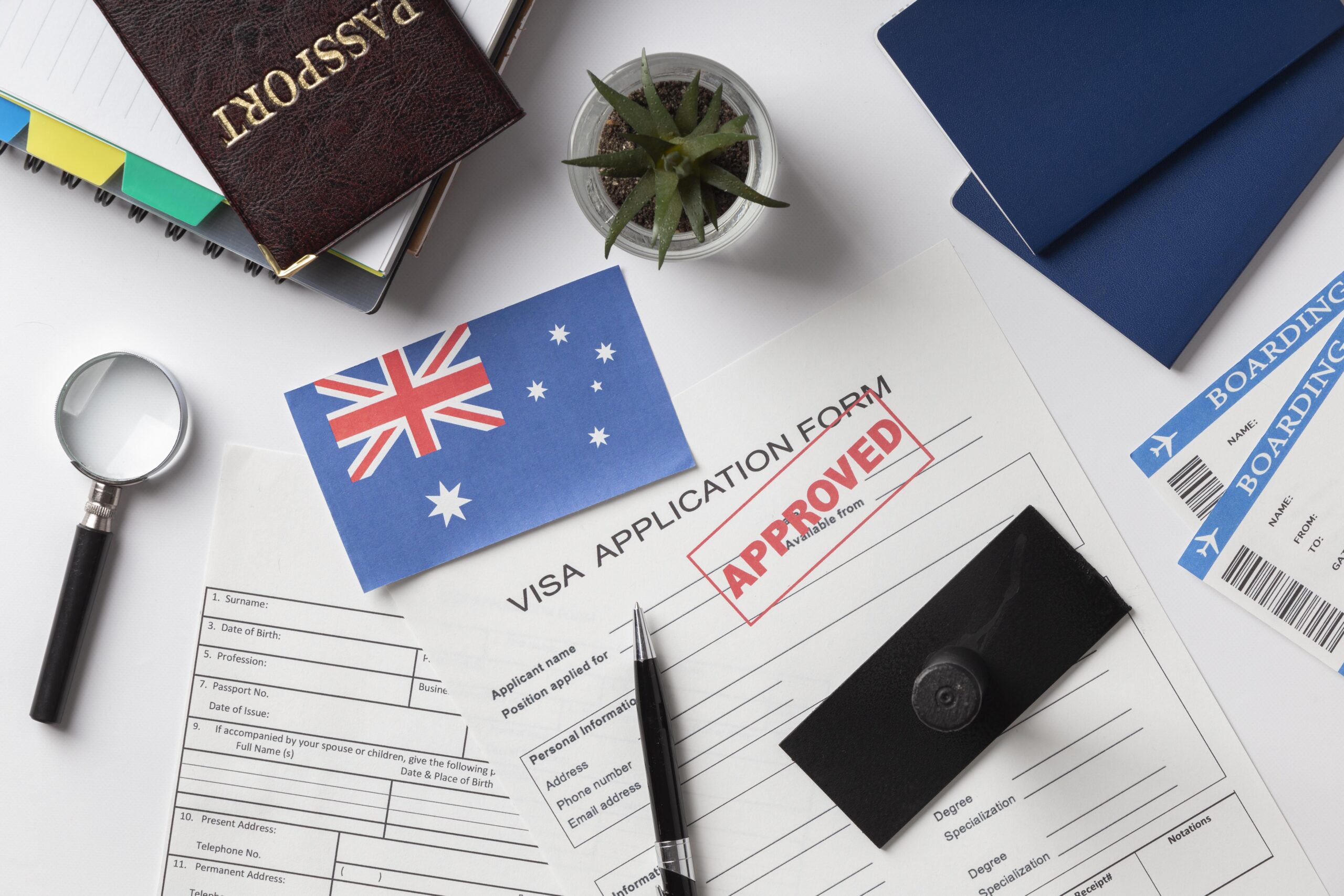World-renowned education, combined with multicultural vibrancy, has made Australia popular among international students. However, due to new policies such as increased visa fees and stricter financial requirements, the entire scene will change for students intending to pursue studies in Australia. These changes must be known and prepared for by anyone looking to study in Australia.
Visa Fee Increase: Important Things to Know
From July 1, 2025, the Australian Government will increase the amount payable for a student visa application from AUD 1,600 to AUD 2,000. This was an effect of the hike in July 2024, when the rate doubled from A$710 to A$ 1,420. A total of AU$ 760 million is intended to be raised through the proposed increase, which will be allocated to budgetary items and other matters related to the ever-growing education industry and net migration.
Moreover, Australia’s student visa fees are already exorbitantly high compared to those in the USA (approximately A$290) or Canada (approximately A$160). Hence, Australia becomes one of the most expensive countries for international students, particularly in terms of visa costs.
Stricter Financial Requirements
To add to the increasing visa fees, the Australian government has set the minimum savings requirements for overseas students. The effective date is May 10, 2024, and the new rule indicates that applicants would require proof of funds reaching A$29,710, which is an increase of 21% from the amount of A$24,505. Such adjustments are attributed to high market prices concerning living conditions, allowing students to afford studying without financial struggles.
These financial requirements are crucial for obtaining a visa, making proper financial planning essential for prospective students.
The Impact on International Students
International students are being confronted by the combination of rising visa fees and bolstered financial necessities.
- Increased Financial Burden: The higher price may deter students from lower-income backgrounds or those who have not received adequate financial support, thereby limiting their access to Australian education.
- Competitive Disadvantage: Higher cost-of-living arguments for Australia push international students to consider less expensive countries in terms of education and living.
- Enrollment Caps: New enrollments of international students would be capped at 270,000 in 2025. This announcement, made by the government, aimed at controlling higher levels of migration and addressing housing issues, will curtail the avenues for many future students as a result.
Preparation Against the New Requirements
Such changes will not be easy to deal with, and so students would ponder these:
- Financial Planning- Start setting aside funds for future eligibility under the enhanced financial criteria. Additionally, consider searching for scholarships, grants, or financial aid offered by Australian institutions.
- Budgeting- Put together all tuition, living and the increased visa fees into one budget, and include currency fluctuations and unforeseen costs within it.
- Study Universities: List down and search different universities and colleges in Australia, looking for comparisons on the tuition fees and offerings, and the supporting services provided for international students.
- Stay updated: Keep track of changes in policies resulting from the Australian government’s announcements or those from credible news sources.
- Seek Professional Advice: Approach educational consultants or advisors specialising in Australia for personalised advice and assistance throughout the application process.
Conclusion
In brief, the proposed increase in visa fees and the introduction of stringent financial requirements are likely to have some repercussions on the lives of international students in Australia. The measures are not intended solely to keep the unrest of things pertinent to the economy and society at large in mind; they also convey a message about the need for orientation and taking intended decisions among the many prospective students. The new requirement and proper preparation would benefit students when pursuing their educational aspirations in Australia.

